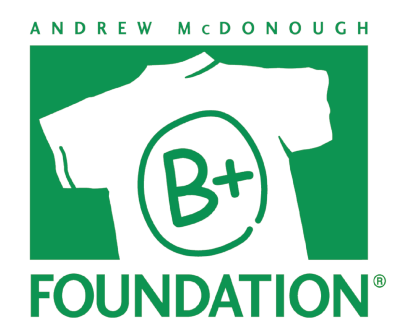Brain Network Organization and Long-Term Cognitive Outcome in Pediatric Brain Tumor Patients
Dr. Stephanie Perkins – Washington University in St. Louis, St Louis, MO
Brain tumors are the most common solid tumors of childhood and account for nearly half of all pediatric oncology diagnoses. As survival from pediatric brain tumors (PBTs) improves and the numbers of affected individuals continually rise, the focus of clinical investigation must broaden to include prevention and treatment of long-term side effects for these survivors. For many PBT survivors there are chronic, frequently debilitating, cognitive deficits, which represent the greatest barrier to full independence in their adult lives. Cognitive deficits are the greatest obstacle to full functional recovery in survivors of pediatric brain tumors. This project seeks to address the gaps in quality of life and survivorship that impact the health and well-being of PBT survivors. Our objective is to study how tumors and the treatments required for cure lead to disruptions in brain organization. We will assess brain organization using functional magnetic resonance imaging (fMRI). We will study how these changes relate to cognitive outcome in these patients. Ultimately, this work will provide important information on a diagnosis of a childhood brain tumor can lead to longterm effects on brain function and behavior. We will achieve this by following PBT survivors with a study in which fMRIs are performed to evaluate brain organization. This work will create new paradigms and models for investigating and treating cognitive deficits in PBT survivors.

